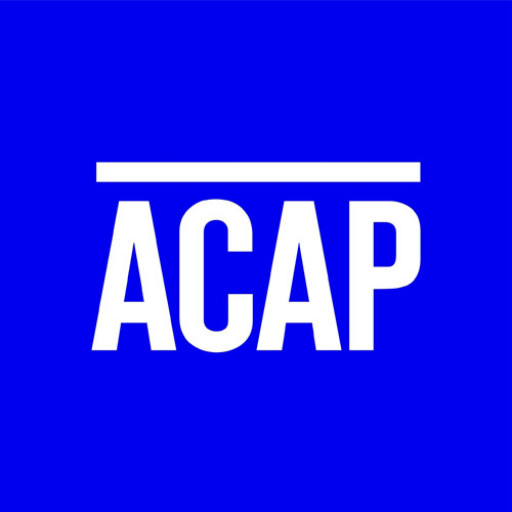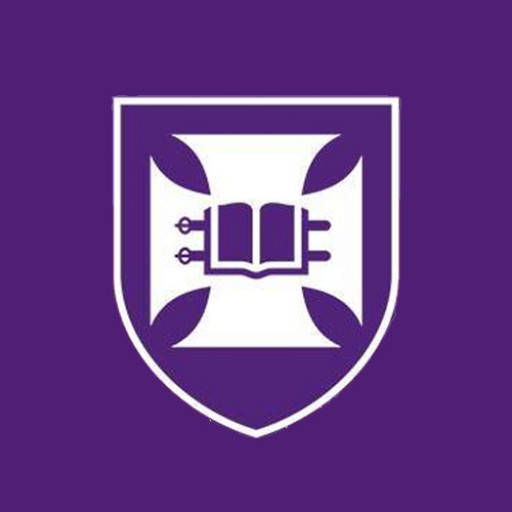This 1 year course builds on the Bachelor of Social Science (Counselling) or an approved equivalent. It prepares students for skilled counselling jobs and emphasises the growth of practical and professional counseling skills at a closely controlled environment.
The Counselling program at Tabor University is a comprehensive and rigorous educational pathway designed to equip students with the foundational knowledge, practical skills, and ethical understanding necessary to become effective and compassionate mental health professionals. This program focuses on psychoeducational approaches, psychological counseling techniques, and the development of interpersonal skills essential for supporting individuals across diverse life challenges.
Throughout the program, students engage in a combination of theoretical coursework, practical training, and supervised internships. The curriculum covers core areas such as human development, counseling theories and methods, psychopathology, ethics in counseling, cultural competence, and crisis intervention. Emphasis is placed on fostering a client-centered approach, strengthening active listening skills, and promoting sensitivity to individual and cultural differences.
Students also explore specialized fields within counseling, including family therapy, addiction counseling, school counseling, and career guidance, enabling them to tailor their professional paths to specific populations and settings. Practical workshops, role-playing exercises, and real-world internship opportunities allow students to apply their learned techniques in supervised environments, facilitating the transition from academic knowledge to professional practice.
The program stresses the importance of ethical conduct and professional responsibility, providing students with a solid grounding in confidentiality, boundaries, and ethical decision-making. Furthermore, the curriculum encourages personal growth and self-awareness, recognizing that effective counseling begins with understanding oneself.
Graduates of the program are prepared to work in various settings such as mental health clinics, schools, hospitals, social services agencies, and private practices. They are equipped to assess clients' needs, develop effective treatment plans, and provide ongoing support to promote psychological well-being. The program also prepares students for further academic pursuits in psychology or counseling, as well as certifications or licensure required in many professional contexts.
Overall, Tabor University’s Counselling program aims to produce competent, ethical, and empathetic professionals dedicated to making a positive impact on individuals and communities through quality mental health services.
- Relevant bachelor Level
- Or equivalent Together with biblical and theological studies
- 2 personal references
- Interview
The tuition fee for the Counselling program at Tabor University varies depending on the year of study and the student's nationality. International students typically pay higher fees compared to domestic students. For the upcoming academic year, tuition fees are approximately 1,200 USD per semester, which equates to around 2,400 USD annually. This fee covers instruction, access to university resources, and participation in practical training sessions. Additional costs may include registration fees, examination fees, and costs for textbooks and other educational materials. Students are encouraged to plan their finances accordingly and consider supplementary funding options. Tabor University offers a range of scholarships and financial aid opportunities to support students facing financial challenges. Scholarships are awarded based on academic performance, financial need, and other criteria established by the university. International students may also explore external funding sources, such as government grants and private sponsorships, to assist with their studies. The university provides a detailed financial guide for prospective students, outlining all costs and available funding options to facilitate transparent and accessible financial planning. Payment plans are available to help students manage their tuition payments over the course of their studies. Students are advised to contact the university’s admissions office or financial aid department for personalized information and assistance in securing funding. Overall, Tabor University strives to make higher education accessible by providing various financial support options to ensure that talented students can pursue their education regardless of economic background.
The Counselling program at Tabor University offers a comprehensive education designed to prepare students for professional roles in mental health support and therapeutic services. The curriculum combines theoretical foundations with practical application, emphasizing the development of counseling skills, ethical practice, and cultural competence. Students are introduced to various counseling approaches, including cognitive-behavioral therapy, humanistic therapy, and person-centered counseling, enabling them to adapt their methods to meet diverse client needs.
Throughout the program, students engage in supervised practicum placements that provide real-world experience in counseling settings such as clinics, schools, and community organizations. This hands-on training is essential for developing confidence and competence in client interactions, assessment, and intervention planning. The program also emphasizes the importance of understanding psychological development, psychopathology, and research methods, equipping graduates to contribute effectively to mental health teams and to continue lifelong learning.
Tabor University’s Counseling program is accredited by relevant educational authorities and adheres to national and international standards for counselor education. The faculty comprises experienced professionals with backgrounds in clinical psychology, counseling, and social work, ensuring that students receive mentorship rooted in current best practices. Graduates of the program are well-prepared to pursue certification and licensure, and many go on to work in hospitals, clinics, educational institutions, and private practice.
In addition to classroom instruction, students benefit from workshops, seminars, and conferences that focus on contemporary issues in mental health, including trauma, addiction, and crisis intervention. The program fosters a supportive learning environment that encourages personal growth, self-awareness, and ethical responsibility. It also offers opportunities for specialization in areas such as school counseling, family therapy, or substance abuse counseling, allowing students to tailor their education to their career goals. Successfully completing this program provides students with the theoretical knowledge, practical skills, and professional competencies necessary to make a meaningful difference in the lives of individuals and communities facing mental health challenges.








